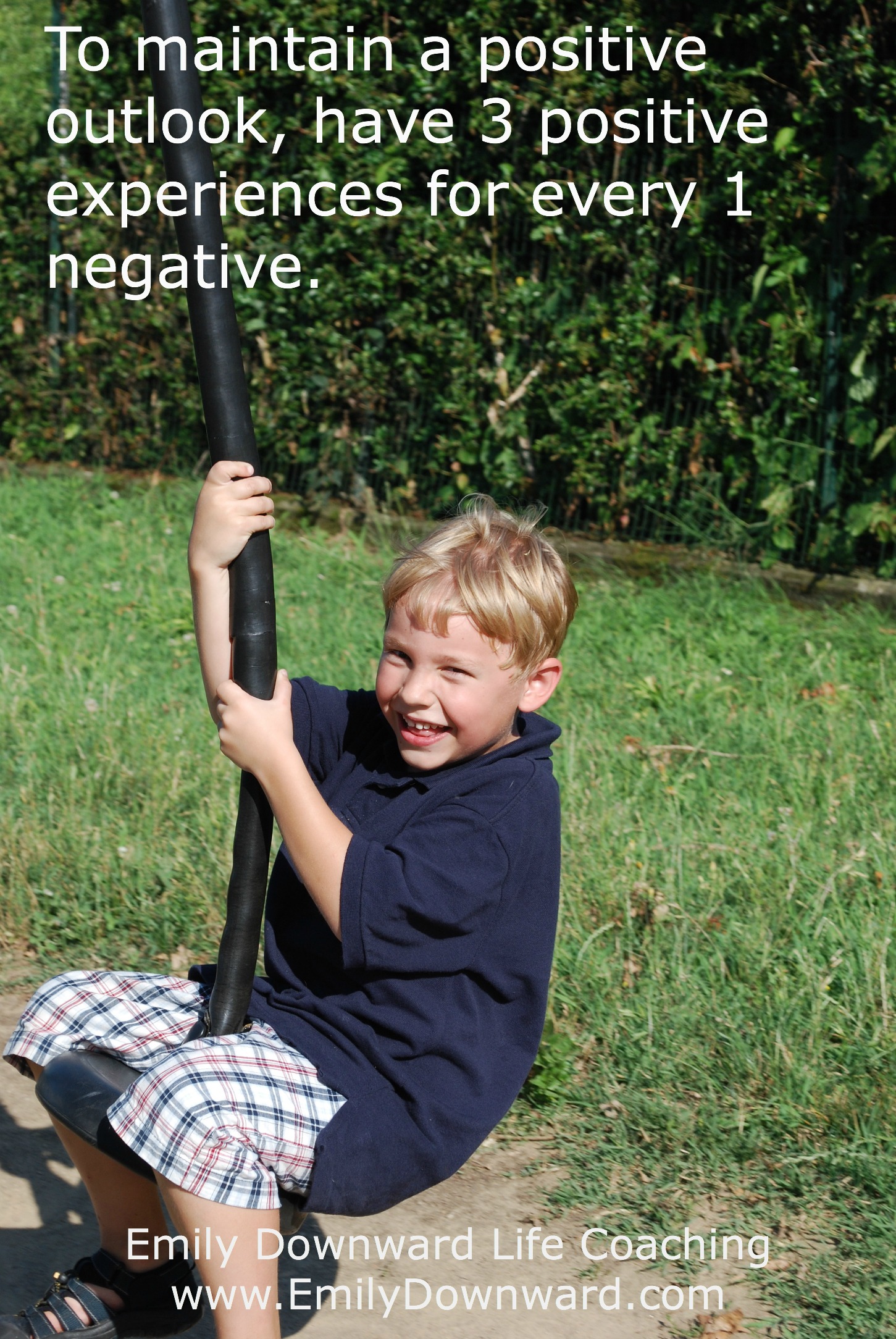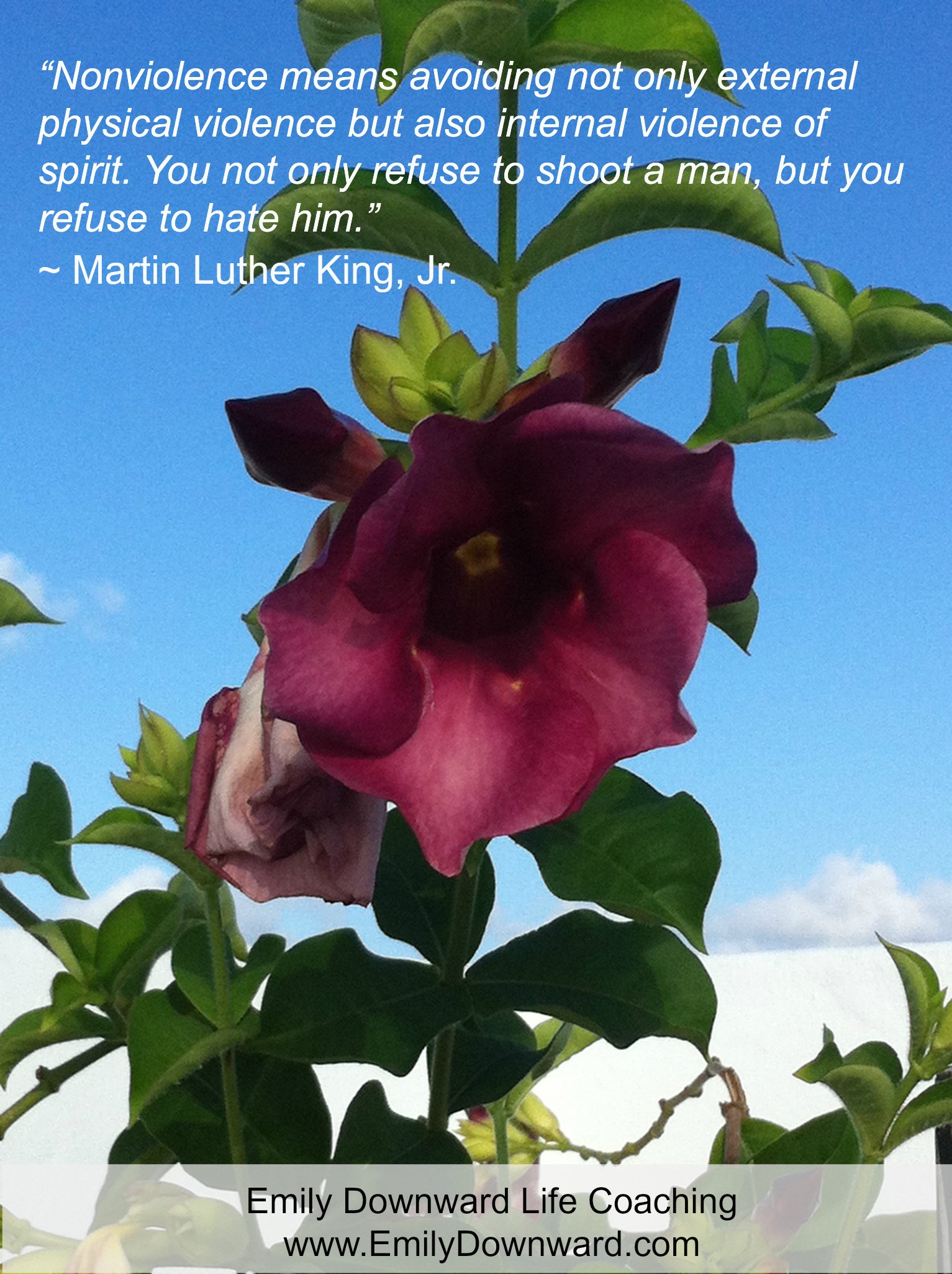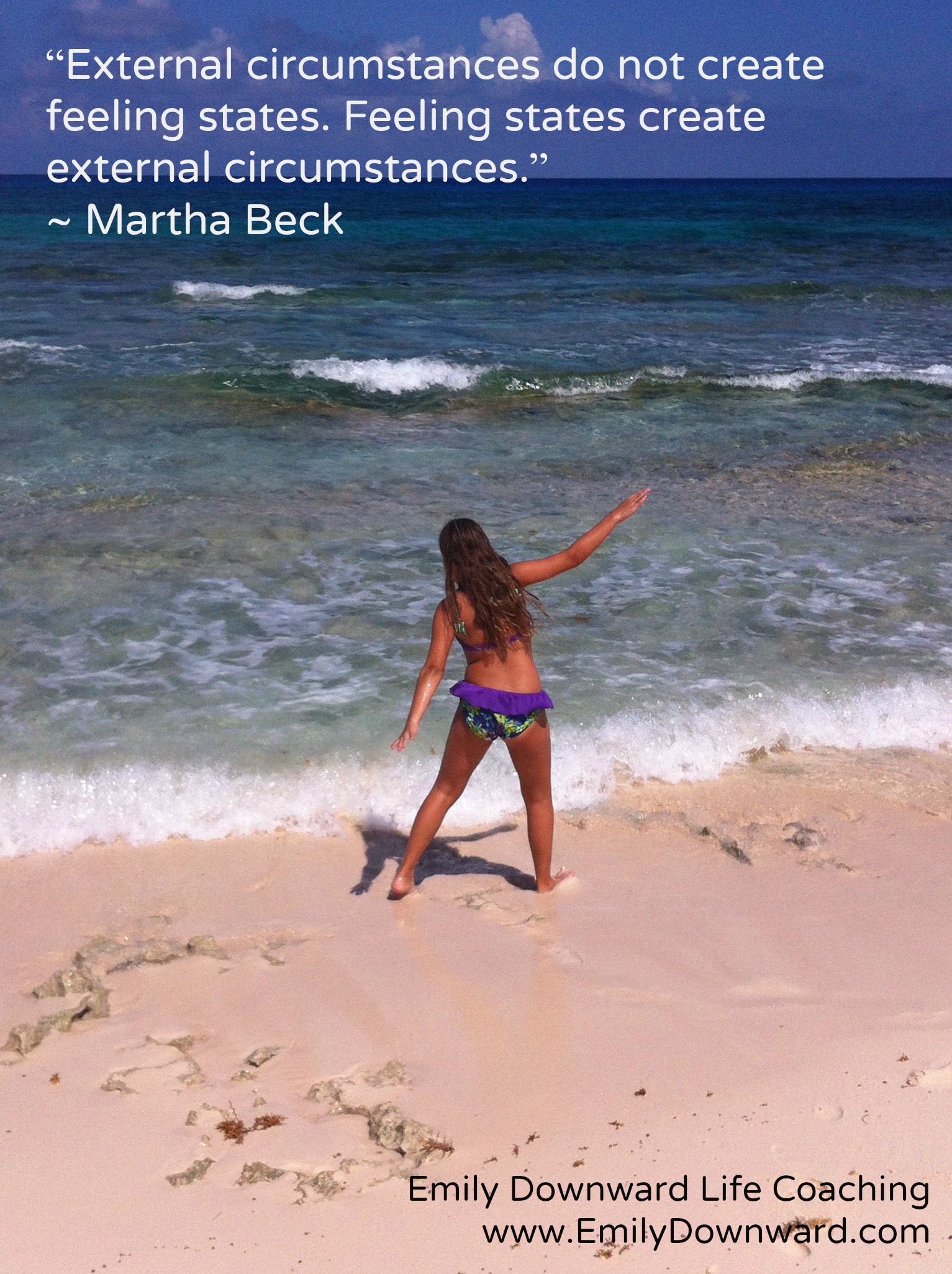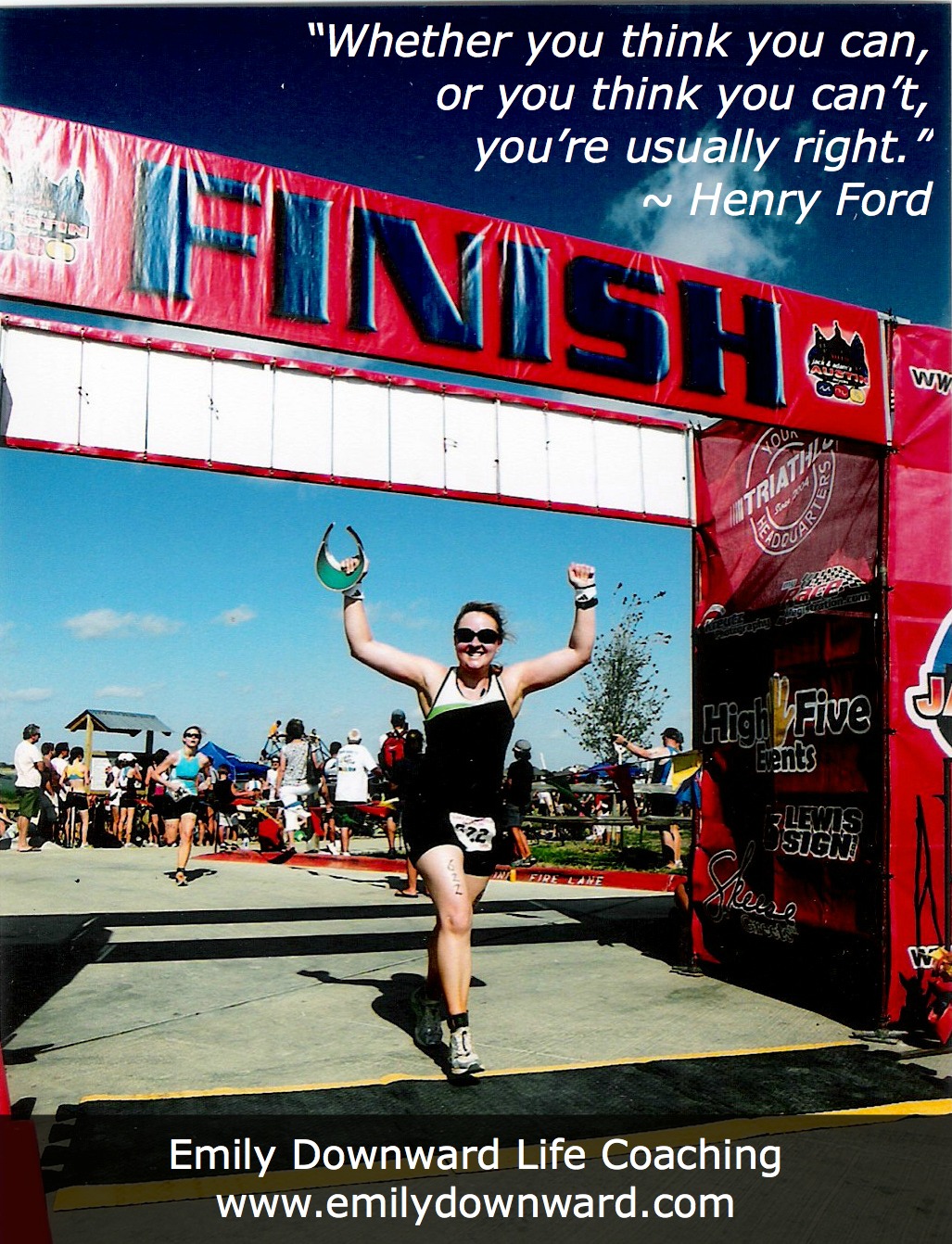When you’re in love, everything seems special: the birds sing so sweetly, there is beauty all around you, and you can’t stop smiling. If only there was a way to bottle this feeling and pull it out on days when you don’t feel so good!
Maybe we can…
Scientists have discovered we have mirror neurons in our brain, which enable us to feel what another is feeling. This allows us to empathize with others, and it also comes into play when we are reading a great novel or watching a play or a movie and feel the emotions of the character within our own bodies. Have you ever identified with a character so much you laughed out loud? (I’ve done this before reading a great book by myself in a restaurant. Who cares if I got crazy looks? Laughter is good!) Or found yourself crying during a touching scene in a movie? (Steel Magnolias or Terms of Endearment are sure tear-jerkers for me.)
Mirror neurons make it possible to feel something even if you’re not experiencing it yourself.
Knowing that our brains control what we feel, we can leverage it in our favor: saturate our minds with treasured memories and flood our brains with the feel good emotions and chemicals.
Martha Beck describes the technique of Sense-Drenching in her latest book, Finding Your Way in a Wild New World, as one of the techniques to get to Wordlessness, a state of being where you shift your consciousness out of the verbal processing and into the more creative, intuitive and sensory brain regions. To try it, you simply come up specific sensory experiences or memories for each of the five senses. Start with your favorite tastes, imagining experiencing them in detail. Add in memories of your favorite scents, unrelated to the taste memory. Next, add in tactile sensations, like touching a kitten or holding a newborn. Then, call to mind the memory of sounds you love, like birds singing, wind chimes or the ocean. Finally, remember your favorite sights: a scenic overlook, a beautiful painting, or a loved one’s face. Try holding all these sense memories in your mind at the same time – this shifts your brain from thinking verbally to the peaceful state of Wordlessness.
 In the field of Positive Psychology, researchers have determined to maintain a more positive outlook, you need to have 3 positive experiences for every 1 negative one, and interestingly, they found that the frequency is more important that the severity. You can leverage this, especially on tough days, by increasing the positive experiences in your day. Listen to your favorite music, take a favored snack with you to work, or wear your favorite color. Gratitude helps me, too, by keeping my focus on what I have rather than what I don’t have or don’t want.
In the field of Positive Psychology, researchers have determined to maintain a more positive outlook, you need to have 3 positive experiences for every 1 negative one, and interestingly, they found that the frequency is more important that the severity. You can leverage this, especially on tough days, by increasing the positive experiences in your day. Listen to your favorite music, take a favored snack with you to work, or wear your favorite color. Gratitude helps me, too, by keeping my focus on what I have rather than what I don’t have or don’t want.
Wishing you all a little extra happiness this week!




